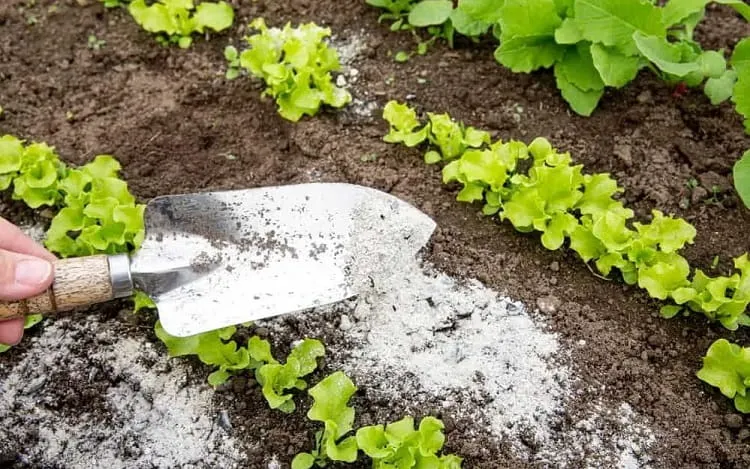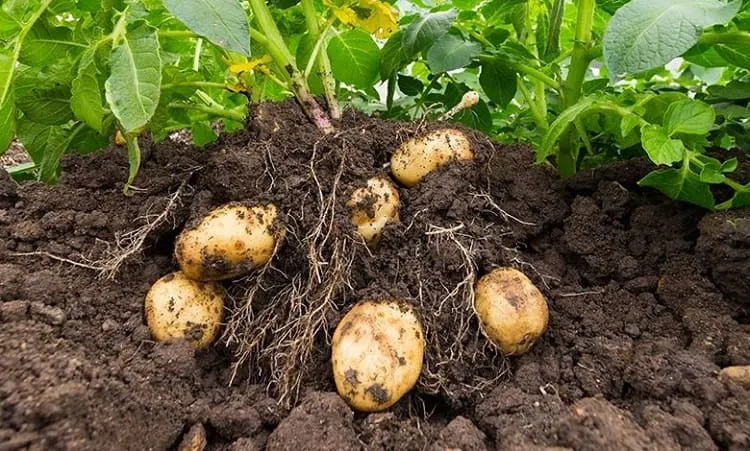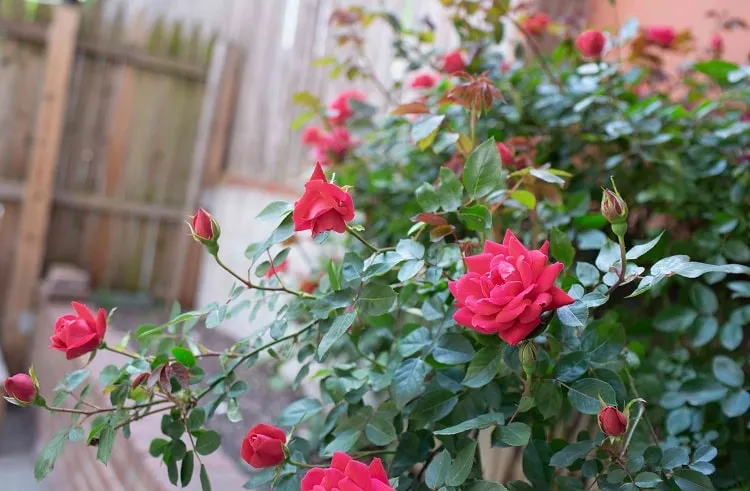Everything is better when it’s organic, wouldn’t you agree? And this is especially true when you are taking care of your home garden. Likewise, it’s not uncommon that a lot of beginner and experienced gardeners prefer to use composts and fertilizers that you can find in nature or make yourself, as opposed to store-bought ones. On the topic, here at Deavita.net, it has come to our attention that wood ash is often referred by a lot of home gardeners as a naturally-produced miracle stimulant for plant life. It appears that many people use wood ash as a fertilizer in flowerbeds or in their vegetable gardens, as well as to modify soil pH. But that doesn’t mean that this natural product can’t come to harm some of your plants as well. So, which plants do not like wood ash? And which do? Find out by reading the following article.
What is wood ash good for in the garden?
Before we focus on which plants do not like wood ash, and which do, first we need to discuss what are the benefits of using this natural remedy as a whole in your gardens and how to apply it properly. Thanks to wood ash, a lot of plant life can actually flourish. Wood ash is found to contain calcium, potassium, magnesium, phosphorus, and sulphur which are all beneficial for the growth of plants. Some types of wood ash can even contain amounts of iron, zinc, aluminium, and boron, all of which are also valuable for plant sustainably. Another useful trick that gardeners use wood ash for is to neutralize soil acidity. The carbonates found in it react with and neutralize the acid found in soil, which causes the soil’s pH to increase.
Also read: How to prepare garden soil for new plants? Step-by-step instructions!
How to properly use wood ash?
Did I convince you to use wood ash as a plant stimulant? Great, here is how to do it properly. Firstly, not all types of wood ash will benefit your plants. Choose one that comes from naturally-grown trees. You shouldn’t gather wood ash produced from trees which grow in areas of industrial cites. The soil there can be contaminated with toxic elements which can harm your plants. Also steer clear of ash produced by the burning of waste oil, plastics, treated wood and rubbish. Secondly, when you’ve supplied yourself with the perfect wood ash for your garden, first sift it to remove any large pieces left in it. Make sure you apply the right amount based on the recommendations of a soil fertility test and the needs of your plants. Applying more can do them harm.
Which plants do not like wood ash?
So finally, we have come to the question you’ve all been waiting to be answered. As we said, wood ash can increase the pH of soil, and that’s one of the reasons so many gardeners use it. However, applying it to areas where you are growing plants that love an acidic soil can be harmful to them. The list of such plants is composed of blueberries, strawberries, rhododendrons, camellias, ericas, holly, potatoes, parsley, birch trees, pink oaks and red maples. Using wood ash to promote the growth process of any of these types of plants can actually be detrimental or cause disease. As an example, potatoes which are grown in a soil with a higher pH can lead to them being contaminated with potato scab.
Do tomatoes like wood ash?
Will applying wood ash benefit the growth of tomatoes? Any type of tomato will thrive if wood ash is applied in their surroundings. The nutritions like calcium and potassium found in wood ash help to improve the colour and size of tomatoes. Also, wood ash can help tomatoes keep their leaves strong and green.
Plants that thrive in wood ash
So, which plants do actually thrive with the help of wood ash? For starters, if you are thinking of growing lavender in your gardens, you can spread wood ash around its base. This will do wonders for your plant. Wood ash is also great for growing roses! The best time to use wood ash to better grow your rose tree or bush, is just before the peak in your plant’s growth period. Add the ash to the rose bed, but before doing so, make sure you do a soil fertility test to determine how much wood ash will you need. If the soil is already alkaline, don’t apply any. Other plants that tend to thrive in wood ash are basil, garlic, chives, sweet cherry, lettuce, asparagus, bigleaf hydrangea, common sage and stone-fruit trees (peach, plum, etc.)



